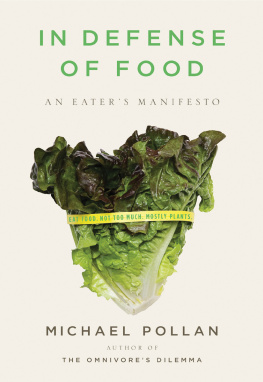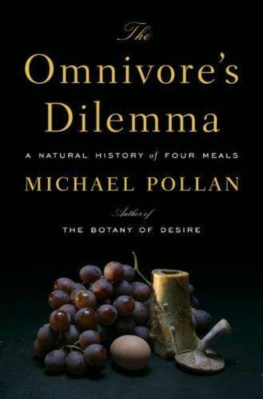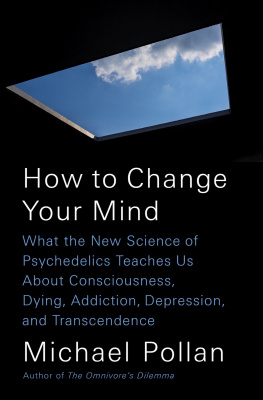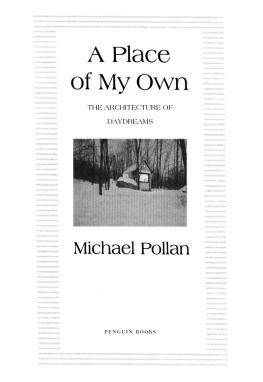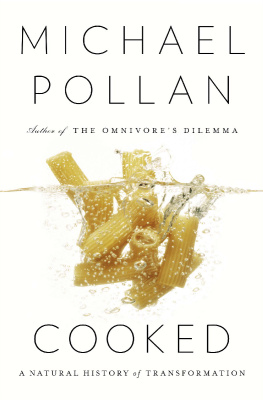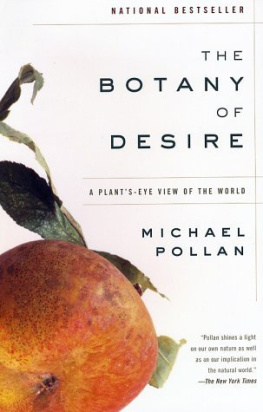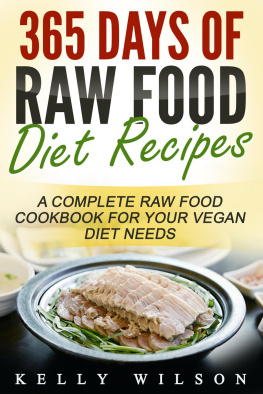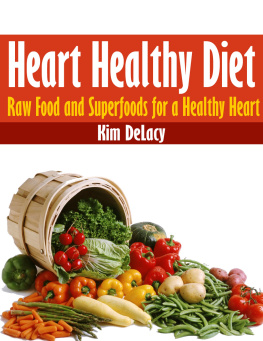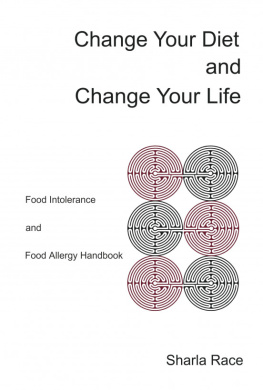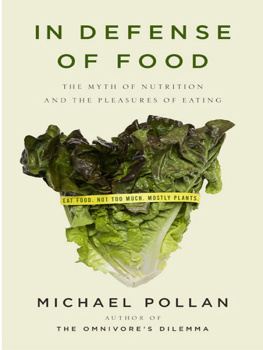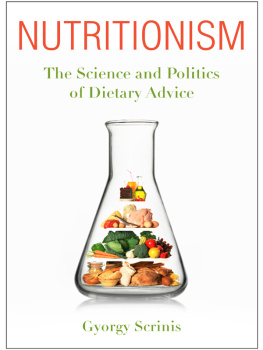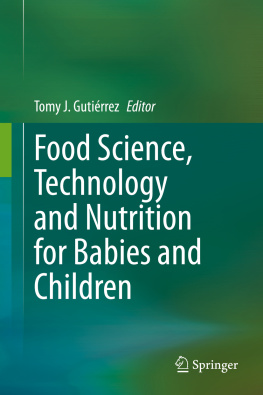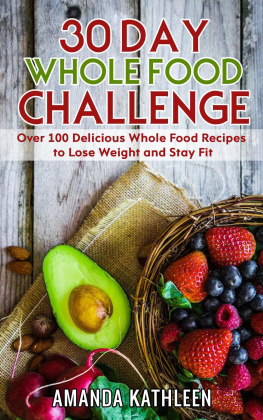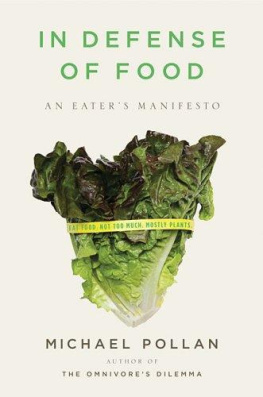INTRODUCTION
AN EATERS MANIFESTO
E at food. Not too much. Mostly plants.
That, more or less, is the short answer to the supposedly incredibly complicated and confusing question of what we humans should eat in order to be maximally healthy.
I hate to give the game away right here at the beginning of a whole book devoted to the subject, and Im tempted to complicate matters in the interest of keeping things going for a couple hundred more pages or so. Ill try to resist, but will go ahead and add a few more details to flesh out the recommendations. Like, eating a little meat isnt going to kill you, though it might be better approached as a side dish than as a main. And youre better off eating whole fresh foods rather than processed food products. Thats what I mean by the recommendation to eat food, which is not quite as simple as it sounds. For while it used to be that food was all you could eat, today there are thousands of other edible foodlike substances in the supermarket. These novel products of food science often come in packages elaborately festooned with health claims, which brings me to another, somewhat counterintuitive, piece of advice: If youre concerned about your health, you should probably avoid products that make health claims. Why? Because a health claim on a food product is a strong indication its not really food, and food is what you want to eat.
You can see how quickly things can get complicated.
I started on this quest to identify a few simple rules about eating after publishing The Omnivores Dilemma in 2006. Questions of personal health did not take center stage in that book, which was more concerned with the ecological and ethical dimensions of our eating choices. (Though Ive found that, in most but not all cases, the best ethical and environmental choices also happen to be the best choices for our healthvery good news indeed.) But many readers wanted to know, after theyd spent a few hundred pages following me following the food chains that feed us, Okay, but what should I eat? And now that youve been to the feedlots, the food-processing plants, the organic factory farms, and the local farms and ranches, what do you eat?
Fair questions, though it does seem to me a symptom of our present confusion about food that people would feel the need to consult a journalist, or for that matter a nutritionist or doctor or government food pyramid, on so basic a question about the conduct of our everyday lives as humans. I mean, what other animal needs professional help in deciding what it should eat? True, as omnivorescreatures that can eat just about anything nature has to offer and that in fact need to eat a wide variety of different things in order to be healthythe What to eat question is somewhat more complicated for us than it is for, say, cows. Yet for most of human history, humans have navigated the question without expert advice. To guide us we had, instead, Culture, which, at least when it comes to food, is really just a fancy word for your mother. What to eat, how much of it to eat, what order in which to eat it, with what and when and with whom have for most of human history been a set of questions long settled and passed down from parents to children without a lot of controversy or fuss.
But over the last several decades, mom lost much of her authority over the dinner menu, ceding it to scientists and food marketers (often an unhealthy alliance of the two) and, to a lesser extent, to the government, with its ever-shifting dietary guidelines, food-labeling rules, and perplexing pyramids. Think about it: Most of us no longer eat what our mothers ate as children or, for that matter, what our mothers fed us as children. This is, historically speaking, an unusual state of affairs.
My own mother grew up in the 1930s and 1940s eating a lot of traditional Jewish-American fare, typical of families who recently emigrated from Russia or Eastern Europe: stuffed cabbage, organ meats, cheese blintzes, kreplach, knishes stuffed with potato or chicken liver, and vegetables that often were cooked in rendered chicken or duck fat. I never ate any of that stuff as a kid, except when I visited my grandparents. My mother, an excellent and adventurous cook whose own menus were shaped by the cosmopolitan food trends of New York in the 1960s (her influences would have included the 1964 Worlds Fair; Julia Child and Craig Claiborne; Manhattan restaurant menus of the time; and of course the rising drumbeat of food marketing) served us a rotating menu that each week completed a culinary world tour: beouf bourguignon or beef Stroganoff on Monday; coq au vin or oven-fried chicken (in a Kelloggs Cornflakes crust) on Tuesday; meat loaf or Chinese pepper steak on Wednesday (yes, there was a lot of beef); spaghetti pomodoro with Italian sausages on Thursday; and on her weekend nights off, a Swansons TV dinner or Chinese takeout. She cooked with Crisco or Wesson oil rather than chicken or duck fat and used margarine rather than butter because shed absorbed the nutritional orthodoxy of the time, which held that these more up-to-date fats were better for our health. (Oops.)

